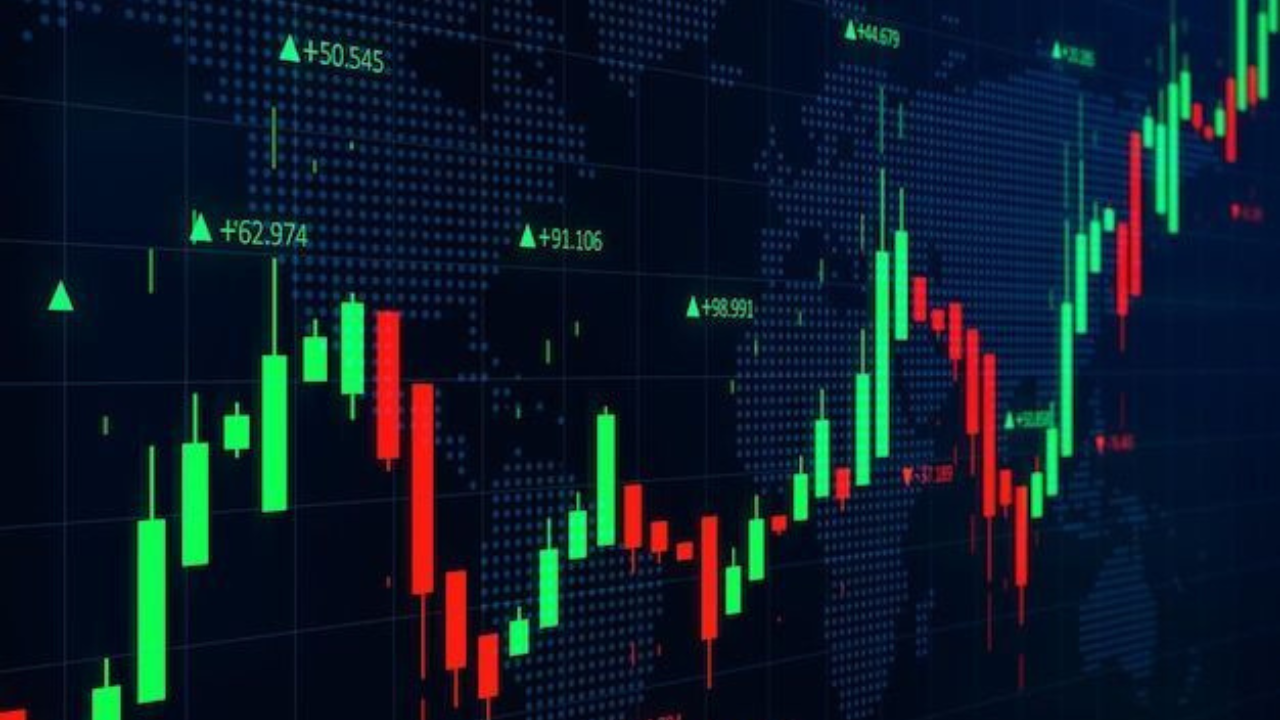This comes as India’s goods exports were under pressure for much of the year due to weak demand from Western countries. Slowing demand in China, which is grappling with a major crisis in its real estate sector, is also contributing to the slowdown in economic growth.
According to the WTO trade report, with global goods trade slowing amid rising interest rates and geopolitical conflict, trade measures introduced by G20 economies, account for 85% of output. global economy, has become more restrictive in recent months. According to monitoring reports.
This comes as India’s goods exports were under pressure for much of the year due to weak demand from Western countries. Slowing demand in China, which is grappling with a major crisis in its real estate sector, is also contributing to the slowdown in economic growth. “For the first time since 2015, the monthly average of 9.8 new trade restrictions introduced by G20 economies during the reporting period exceeded trade facilitation measures (8.8 ). Furthermore, persistent import restrictions within the G20 show no signs that current measures will be significantly lifted,” the WTO said in the report.
The WTO said G20 economies introduced more restrictive trade facilitation measures on goods from mid-May to mid-October 2023. However, the value of the goods traded is applied. The use of facilitation measures continues to exceed those specified in the restrictions.
As of mid-October 2023, $2.287 billion in traded goods, or 11.8% of G20 imports, have been affected by import restrictions implemented by G20 economies since 2009 . The trade monitor report points out that export restrictions have become more significant since 2020, with a series of measures introduced first in the context of the Covid-19 epidemic and more recently in the war in Ukraine and the food safety crisis.
“While some of these export restrictions have been lifted, as of mid-October 2023, 75 export restrictions on food, feed and fertilizers remain in force across world”.
The WTO’s latest forecast released last month projects merchandise trade volume growth of 0.8% in 2023, down from previous estimates of 1.7% and 3.3% in year 2024.
In the first half of 2023, global goods trade volumes fell 0.5% year-on-year as high inflation and rising interest rates weighed on trade and production in advanced economies, as well as tensions in the real estate market preventing stronger post-war development. the recuperation. The report added that the pandemic in China has resumed.
For more information, visit at https://happenrecently.com/zepto/?amp=1







